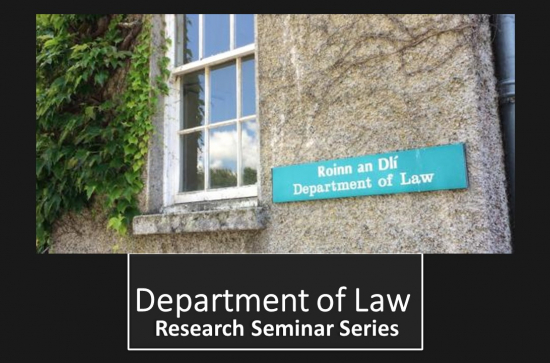
The question of constituent and constituted power was to assume a particular significance in Commonwealth constitutional theory after the First World War. This can be seen in the examples of the Dominions which had unitary constitutional systems, with the exception of Newfoundland which collapsed into direct rule. In each of these Dominions – the Irish Free State, South Africa, and New Zealand – the issue of constituent power became fraught. The theoretical framework used to claim an untrammelled sovereign power was not identical, but each Dominion sought, at one time or another, to claim this power.
In the Irish Free State, the claim made was to constituent power equivalent to that enjoyed by the Irish Constituent Assembly. In South Africa and New Zealand, the claim made was to parliamentary supremacy. In each of these legal systems, there was an entrenched element of the constitution which meant that the claims made were adapted to the local constitutional traditions of the jurisdiction. This paper aims to identify the contours of these debates in these jurisdictions to consider what it meant for the understanding of constituent authority within the Commonwealth at the time.
